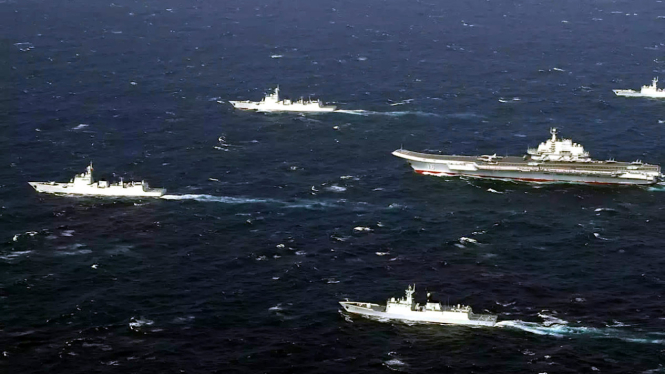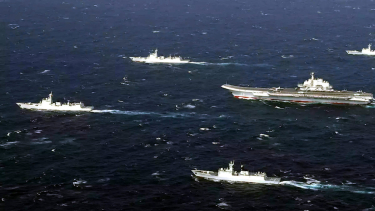Code of Conduct Efforts for Stability and Peace in the South China Sea
- Indiatimes
Jakarta – The South China Sea has garnered global attention in recent years due to disputed territorial claims made by China, marked by the infamous 10-dash lines, which have created tension in the region.
In an attempt to address this tension and maintain stability, countries involved, including ASEAN nations and China, have been working towards establishing a Code of Conduct (COC).
A recent seminar hosted by the Forum Sinologi Indonesia (FSI) shed light on COC-related issues and insights from experts. Dr. Teuku Rezasyah, the Executive Director of the ASEAN Research Center at Padjajaran University in Bandung, emphasized the importance of the COC in managing tensions in the South China Sea.
"China's territorial claims based on historical records lack a clear legal foundation according to UNCLOS." In his view, the COC represents a positive step towards avoiding conflicts, but there are still challenges. "China insists that their historical claims be respected, which has become a hurdle in negotiations," he remarked during the event.
Ristian Atriandi Supriyanto, one of the seminar's speakers, noted that China appears to employ a strategy of ambiguity when dealing with the South China Sea.
"China seems to emphasize support for expediting the COC but takes actions that escalate tension," he said. He also expressed concern that the eventual COC may accommodate China's interests, potentially enabling arbitrary behavior.

Meanwhile, Johanes Herlijanto, the Chairman of FSI and a Communication Studies lecturer at Pelita Harapan University, commended the efforts of ASEAN nations and China to accelerate the resolution of the COC in the South China Sea.
However, he stressed that the resulting COC must be based on UNCLOS and reflect the interests of ASEAN nations affected by China's claims in the South China Sea.
"Each negotiation must continue to emphasize the rejection of China's territorial claims marked by the 10-dash lines," Herlijanto stated.
According to him, ASEAN countries should also reject any attempts by China to include clauses that restrict the freedom of ASEAN nations to choose partners for economic exploitation in their Exclusive Economic Zones (EEZs).
"ASEAN countries' EEZs are legally recognized under UNCLOS, which means each country has the right to determine its partnerships for economic cooperation, free from Chinese intervention," he asserted.

























